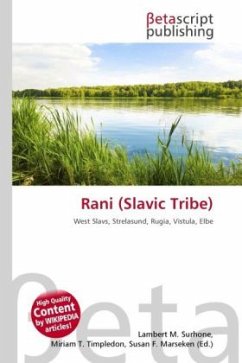Grad , gard, gorod or gord is a Slavic word for town or city. The ancient Slavs were known for building wooden fortified settlements. The reconstructed Proto-Slavic word for such a settlement is gord , related to the Germanic gard.Similar strongholds were built during the late Bronze and early Iron Ages by the people of the Lusatian culture (ca. 1300 BC 500 BC), and later in the 7th - 8th centuries CE in modern-day Russia, Belarus, Ukraine, Poland, Czech Republic and eastern Germany. These settlements were usually founded on strategic sites such as hills, riverbanks, lake islands or peninsulas.A typical gord was a group of wooden houses, built either in rows or in circles, surrounded by one or more rings of walls made of earth and wood, a palisade and/or moats. Some gords were ring-shaped, with a round, oval or occasionally polygonal fence or wall surrounding a hollow. Others, built on a natural hill or a man-made mound, were cone-shaped. Those with a natural defense on one side, such as a river or lake, were usually horseshoe-shaped.
Bitte wählen Sie Ihr Anliegen aus.
Rechnungen
Retourenschein anfordern
Bestellstatus
Storno








